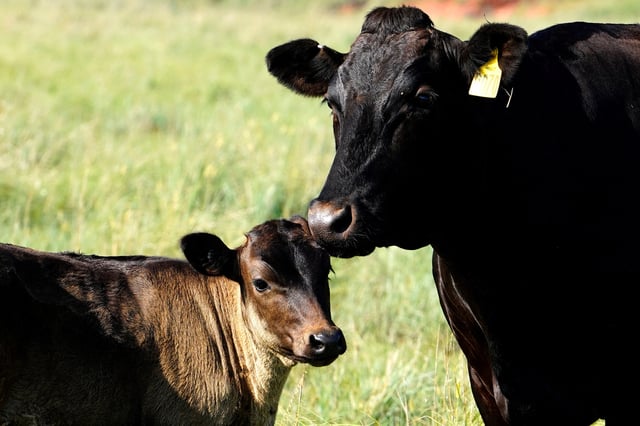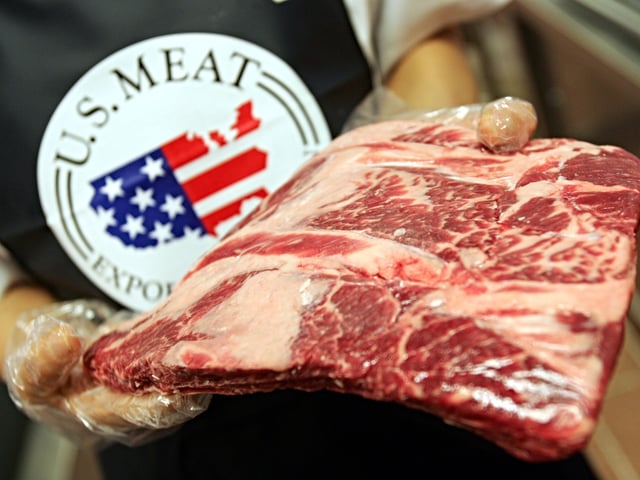Overview
- Australia removed its de facto ban on beef from cattle born in Canada or Mexico and slaughtered in the United States after completing a rigorous science-based risk review
- The Department of Agriculture, Fisheries and Forestry said its decade-long US Beef Imports Review found that strengthened control measures effectively manage disease risks
- New US movement controls now allow cattle to be traced back to their original farms, meeting Australia’s strict biosecurity requirements
- The concession responds to President Trump’s key trade complaint and bolsters Canberra’s bid to win relief from US tariffs on steel, aluminium and pharmaceuticals
- Nationals and farming groups have warned that the move risks Australia’s disease-free status and have called for an independent scientific review and greater transparency



